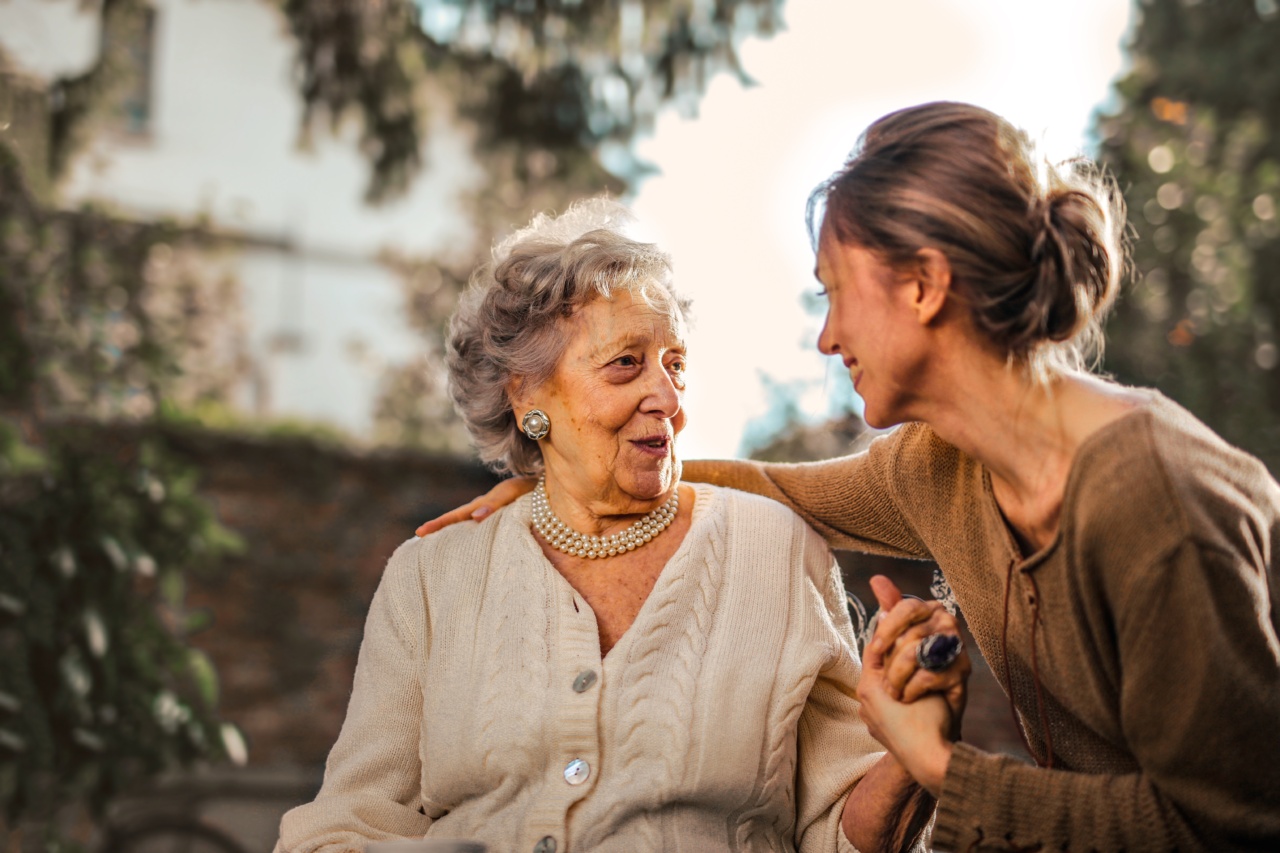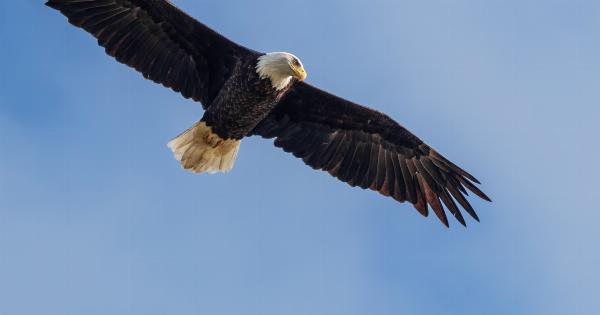Throughout history, humans and dogs have shared a unique and special bond. From their early domestication to the present day, the relationship between humans and dogs has evolved and shaped each other in profound ways.
This article will explore the fascinating journey of this enduring connection, highlighting the key milestones and factors that have contributed to its development.
1. The Domestication of Dogs
The first notable chapter in the human-dog relationship dates back thousands of years to the process of dog domestication. Studies suggest that dogs were domesticated around 15,000 years ago, with the gray wolf being the most likely ancestor.
Early humans may have attracted wolves with food and gradually formed mutually beneficial partnerships with them.
2. Hunting Companions
As humans transitioned from hunter-gatherer lifestyles to settled agricultural communities, dogs played a crucial role in assisting with hunting.
Ancient civilizations, such as the Egyptians and Mesopotamians, utilized dogs as skilled hunting companions. Dogs’ enhanced senses and abilities made them invaluable allies in tracking and capturing prey.
3. Guardians and Protectors
Over time, humans began to recognize the protective nature of dogs. Early civilizations started using dogs to guard settlements, livestock, and property.
Breeds specifically developed for guarding purposes, such as the Alsatian and Rottweiler, emerged to provide enhanced security and protection.
4. Working Partners
As human societies continued to evolve, so did the role of dogs. Dogs became indispensable helpers in various work environments. They were trained to aid in herding, pulling sleds, searching and rescuing, and even serving as therapy companions.
The close cooperation required for such tasks further strengthened the human-dog relationship.
5. Companionship and Emotional Support
As societies shifted from agrarian to industrial, the role of dogs expanded beyond work-related duties. Dogs started to be valued primarily for their companionship and emotional support.
They became beloved family members, providing unconditional love, loyalty, and emotional well-being to their human companions.
6. Therapy and Service Dogs
In recent decades, the human-dog relationship has evolved to encompass the field of therapy and service dogs. Specially trained dogs assist individuals with physical disabilities, visual or hearing impairments, and mental health conditions.
These dogs offer life-changing support and independence, further highlighting the unique bond between humans and dogs.
7. Scientific Exploration
Scientists have delved deeper into understanding the human-dog relationship through extensive research.
Studies have highlighted the positive impact of dogs on human health, including stress reduction, lowered blood pressure, and increased social interaction. The scientific community’s interest has fostered further appreciation and exploration of this enduring connection.
8. Dogs in Popular Culture
Another aspect that has influenced the human-dog relationship is their representation in popular culture. Dogs have been featured prominently in literature, art, music, and movies, often depicting their loyalty, heroism, and unwavering bond with humans.
These portrayals have reinforced the deep emotional connection and societal significance of dogs.
9. Evolution of Dog Breeds
The development of various dog breeds over time has also impacted the human-dog relationship. Humans selectively bred dogs to enhance specific traits and abilities, resulting in a stunning diversity of breeds.
Different breeds now cater to individuals’ specific needs, such as allergen-free or low-energy dogs, further strengthening the dog’s role as a companion.
10. Advancements in Dog Training and Care
Advancements in dog training and care have revolutionized the way humans interact with their furry friends.
Positive reinforcement techniques, improved veterinary care, and a better understanding of dog behavior have contributed to healthier and happier dogs. This knowledge has further deepened the bond between owners and their canine companions.
The Evolution Continues
The human-dog relationship has come a long way from the early days of domestication. What began as a mutually beneficial alliance for survival has transformed into a profound emotional connection characterized by companionship, love, and support.
As humans continue to evolve, so too will our relationship with dogs. The ever-growing understanding of their needs, emotions, and abilities ensures that the bond between humans and dogs will only strengthen in the future.





























